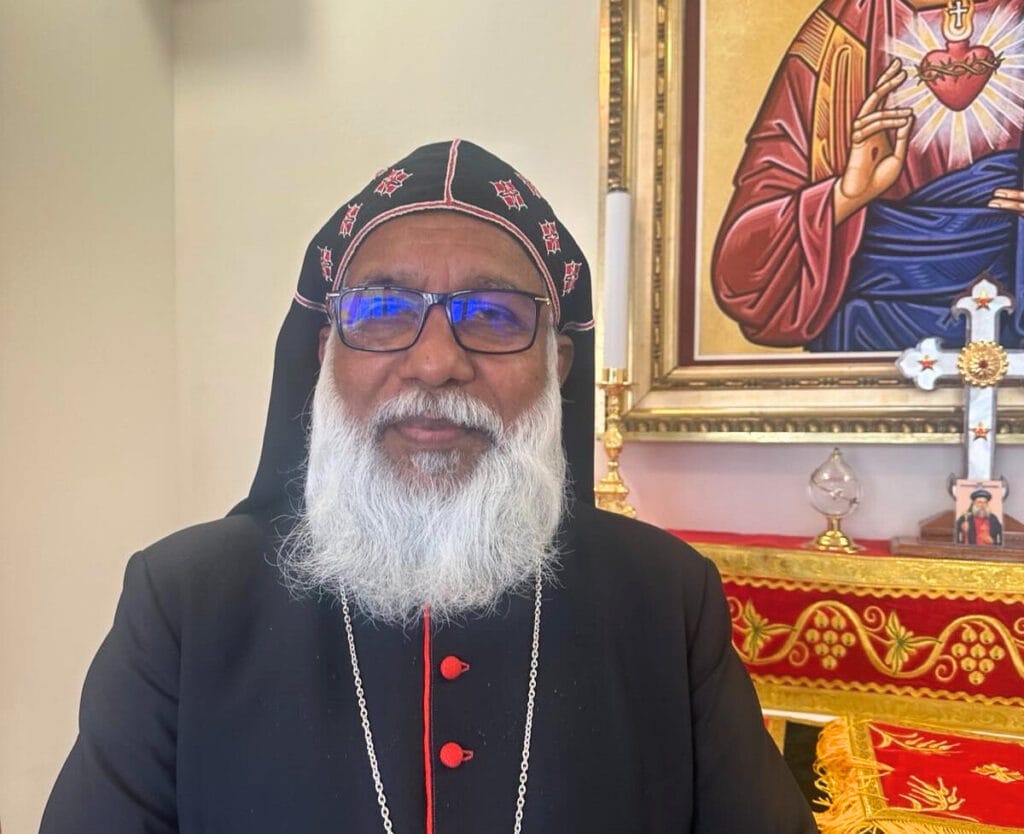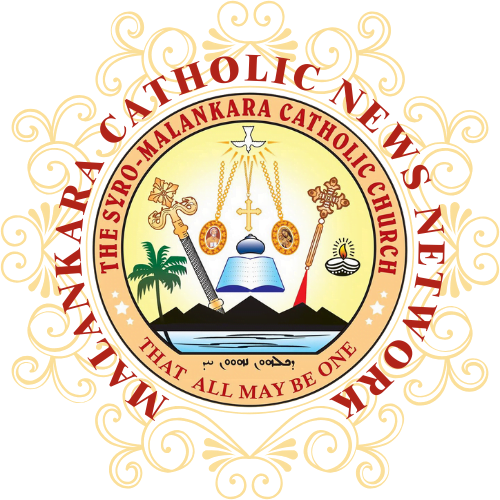Rome – 1 May 2025
In the halls of the General Congregation, where the red-robed electors of the Universal Church meet in prayer and discernment, one voice carries the heritage of a Church born from the East, shaped by the Apostle Thomas, and faithful through centuries of trials. His Eminent Beatitude Cardinal Moran Mor Baselios Cleemis Catholicos, Major Archbishop-Catholicos of the Syro-Malankara Catholic Church, stands once again among the College of Cardinals, preparing for the sacred task of choosing the 267th Pope of the Catholic Church.
In a recent interview with The Pillar Catholic, Cardinal Cleemis shared reflections shaped by decades of ecclesial leadership, spiritual depth, and his unique role as shepherd of a Church both ancient in liturgy and vibrant in missionary witness.
Mission Rooted in Apostolic Memory
Cardinal Cleemis was raised in the faith-rich soil of Kerala, where devotion to God forms part of the cultural fabric. “Faith is born with us,” he remarked, noting how the people of India, regardless of creed, often begin and end life in the presence of the divine.
Ordained a priest in 1986 and made a bishop in 2001, he was unanimously elected Major Archbishop-Catholicos by the Syro-Malankara Synod in 2007. In 2012, Pope Benedict XVI elevated him to the College of Cardinals, making him the first-ever Cardinal of the Syro-Malankara Catholic Church.
He now returns to the Sistine Chapel, participating in his second conclave as a papal elector—carrying with him the aspirations of his Church and the hopes of Eastern Catholics across the world.
Unity Through the Petrine Ministry
“The Petrine ministry offers a guarantee of communion and solidarity with humanity,” he said, reflecting on the role of the pope. “Peter was asked to strengthen his brethren. This task continues today, through the one chosen to sit in his place.”
For Cardinal Cleemis, the successor of Peter is more than a global religious figure. He is a man entrusted with preserving communion among the Churches, extending mercy to the margins of society, and guiding the faithful through the trials of this age.
As one of the senior leaders among the 23 Eastern Catholic Churches sui iuris, he recognises the delicate responsibility of ensuring that the future Pope understands the rich heritage and present needs of Eastern traditions. He represents the Syro-Malankara Catholic Church at the conclave—a Church that has preserved the West Syriac liturgical tradition while living fully in communion with Rome.
Choosing the Next Pope: Focus on the Person, Not the Geography
When asked whether the next Pope should come from a particular region, such as Asia or Africa, he responded with clarity: “Look at the person, look at his orientation, his ability to be in communion, to speak as a man of peace. That is where our focus should be.”
His thoughts echoed a concern shared by many: that the next Bishop of Rome must offer not administration alone but fatherhood—pastoral in tone, apostolic in conviction, and rooted in a spirit of dialogue, not division.
Church’s Witness: Spiritual in Essence, Not Political in Nature
Reflecting on Pope Francis’ call for “a Church for the poor,” Cardinal Cleemis affirmed the Church’s spiritual identity. “The Church is not the United Nations,” he observed. “It draws its strength from the Gospel, not from political power.”
He acknowledged the Church’s role in peace-building—not through military strength or diplomatic alliances, but by proclaiming the Gospel with conviction, and standing as a spiritual force amidst global conflicts.
“Our task is to bring people together, offer spiritual strength, and act as a voice of conscience,” he said. The Church’s ability to influence depends on the clarity of its witness, not on institutional might.
India’s Witness and Challenge
“The Christian is always a minority,” the Cardinal noted, “even in nations with large Christian populations, the depth of faith is what defines the few.”
In India, he said, the Church is blessed with freedom to worship and serve, despite challenges. It contributes to the nation’s educational and medical sectors and upholds Gospel values in dialogue with a pluralistic society. The occasional attacks or tensions are part of a wider struggle, but “we continue the mission with sincerity.”
The Cardinal confirmed that consultations with the Indian government take place regularly and expressed hope that mutual understanding would deepen.
Conclave Entered Through Prayer
Amid the weight of this sacred task, Cardinal Cleemis keeps his gaze on the Holy Spirit. “I set apart time for prayer,” he said. “What the Lord wants me to do, I must do.”
He described the unique intimacy of the general congregations: “You are not talking to just one person. You’re speaking before the College of Cardinals—and the Pope may be among you, listening.”
For the outside world, a conclave may seem a political event. “But for me,” he said, “this is a deeply spiritual mission. I am choosing my father and head of the Church.”
From Bethany to the Conclave
His presence in the conclave is part of a larger narrative. The Syro-Malankara Catholic Church, born of the reunion movement led by Venerable Archbishop Geevarghese Mar Ivanios, now stands fully integrated into the Catholic communion. That one of its sons now elects the next Pope speaks of a journey from isolation to communion.
With quiet strength and theological clarity, Cardinal Cleemis enters the Sistine Chapel—as a voice from the East, bearing the light of a faith shaped by history and forged in fidelity.


